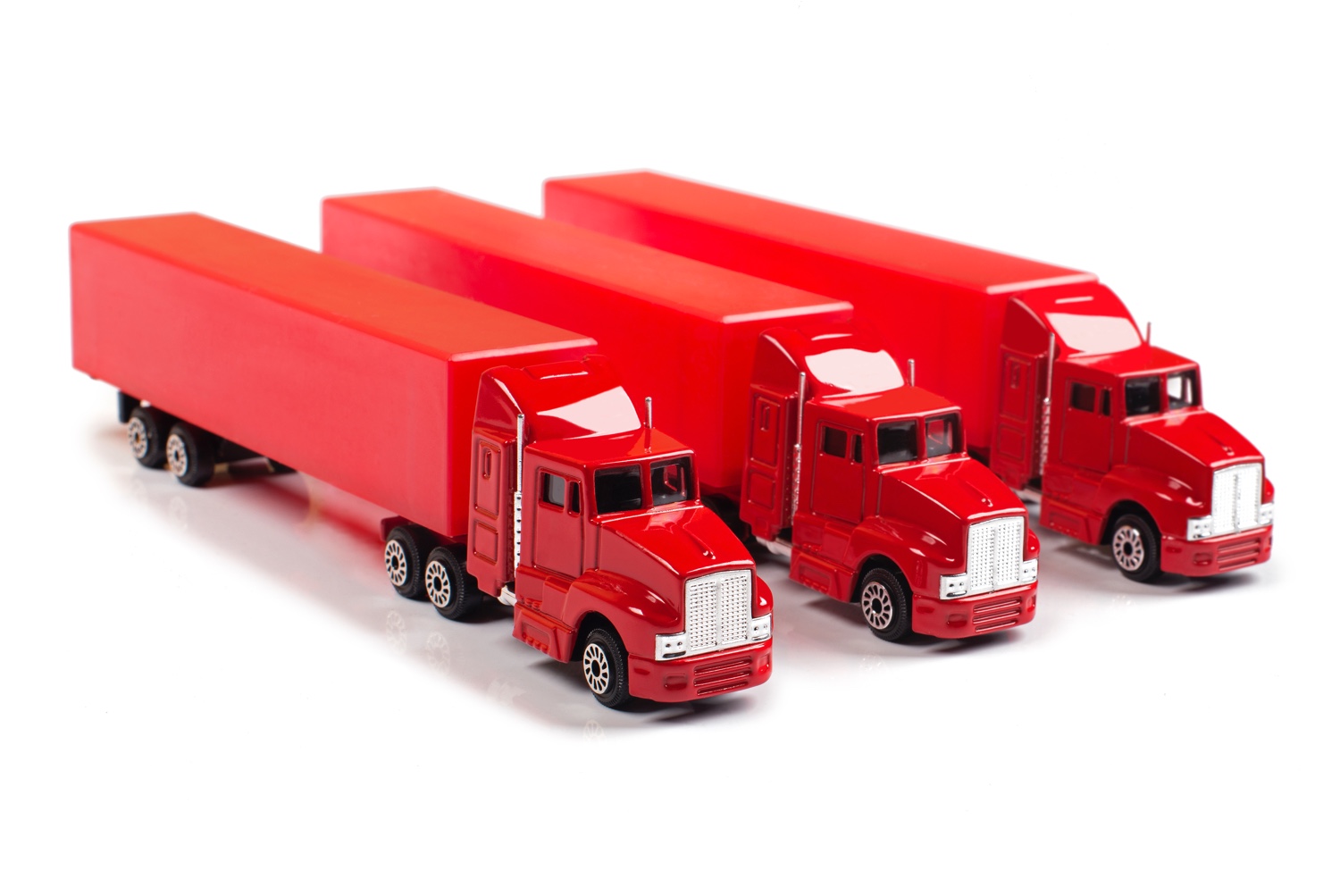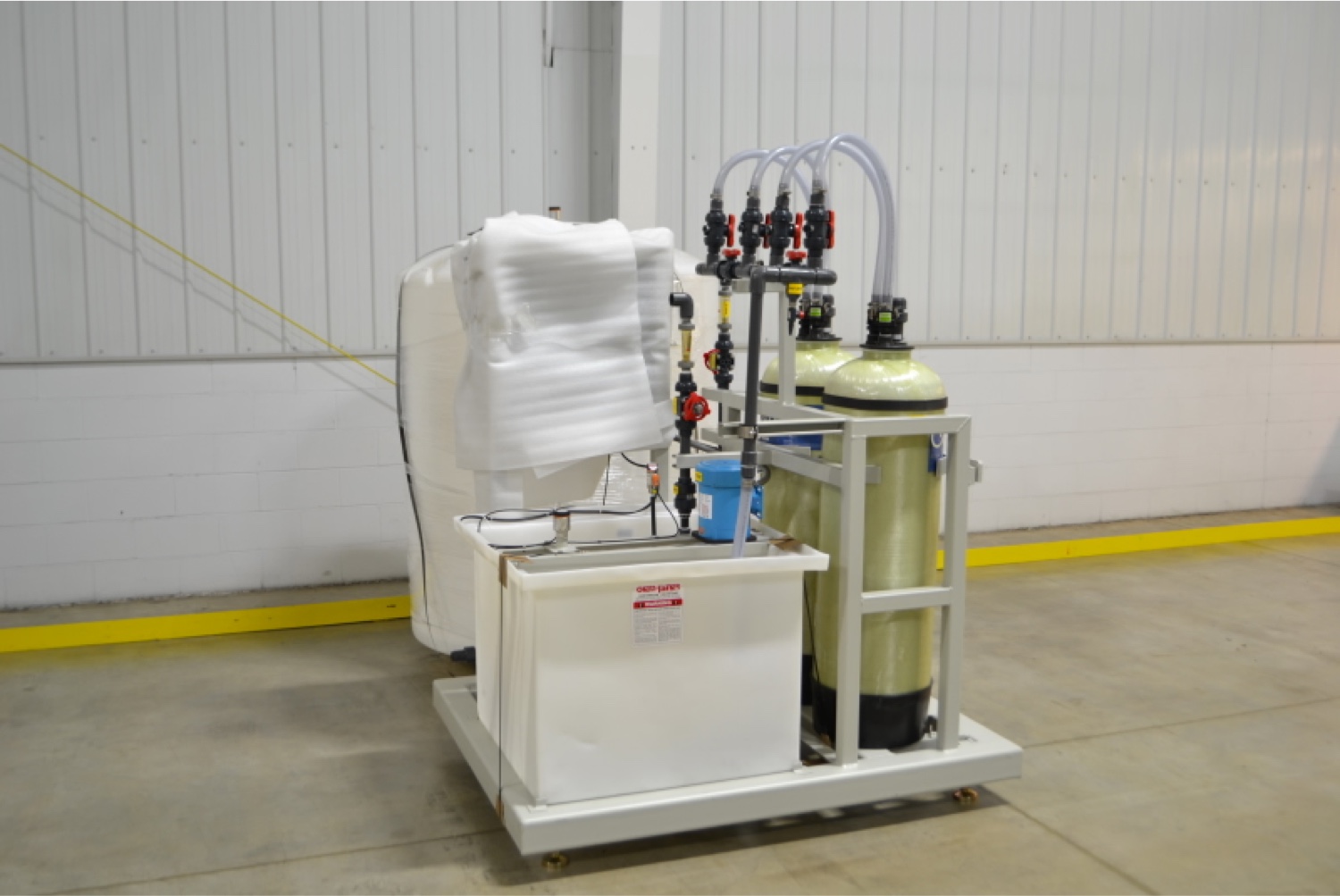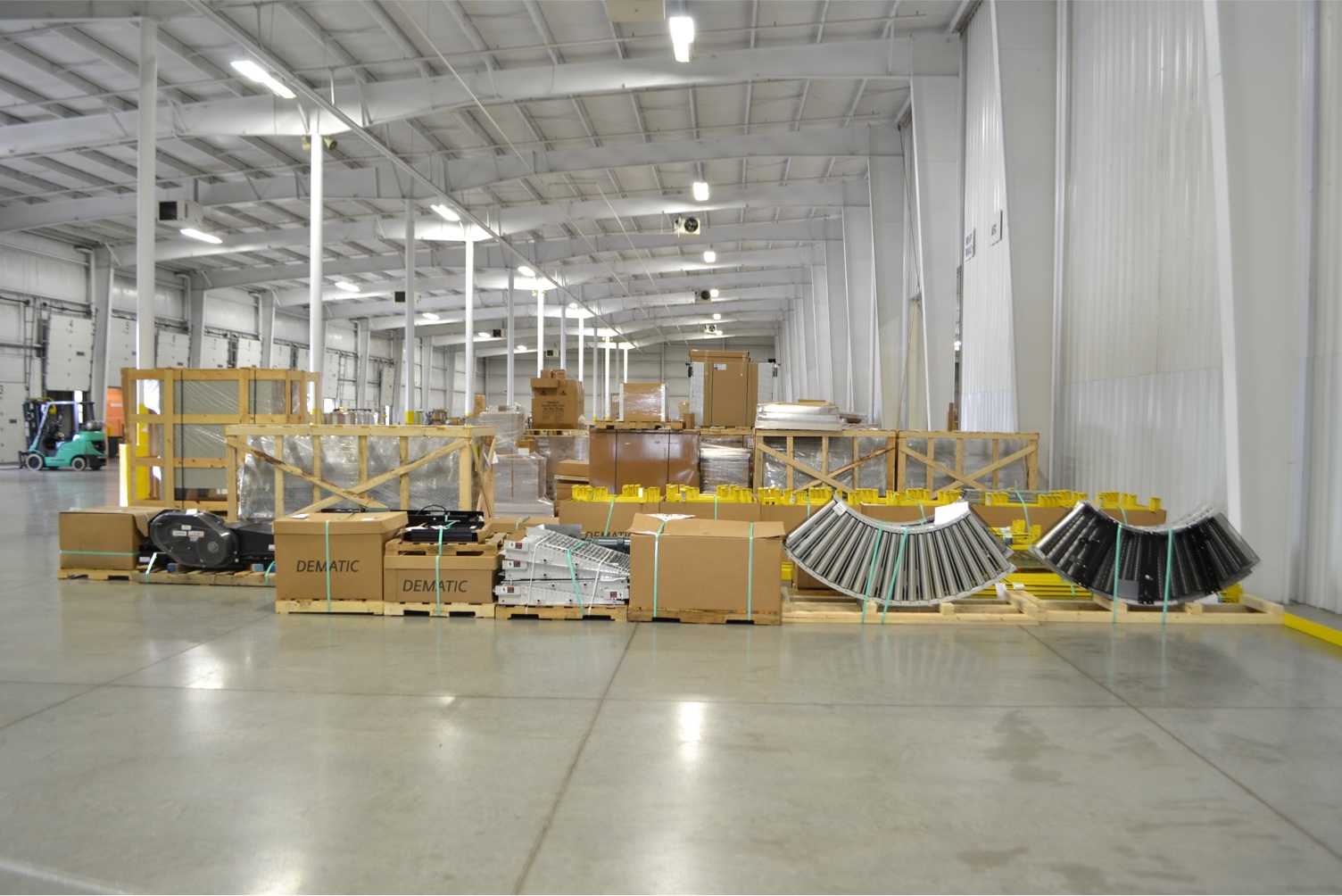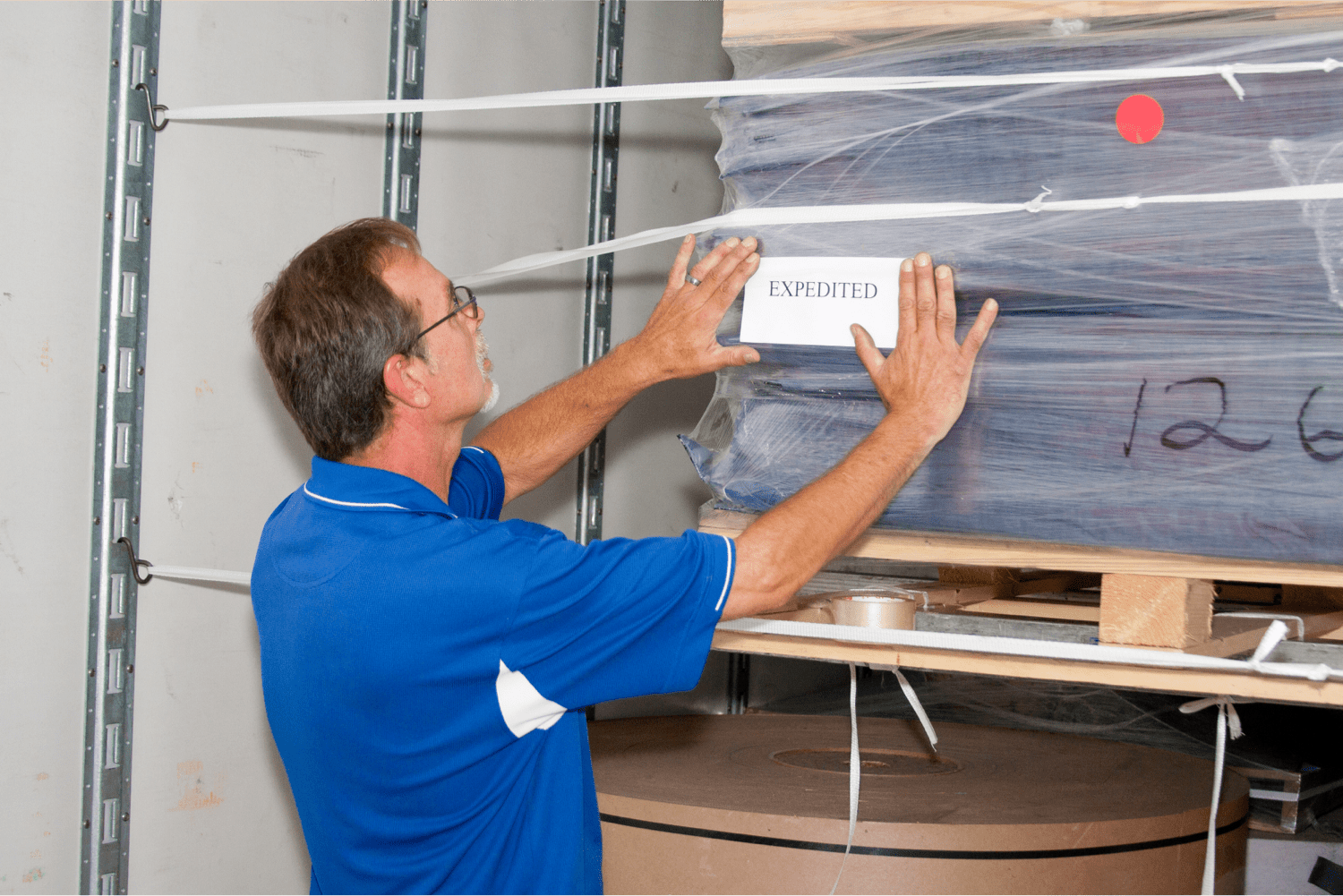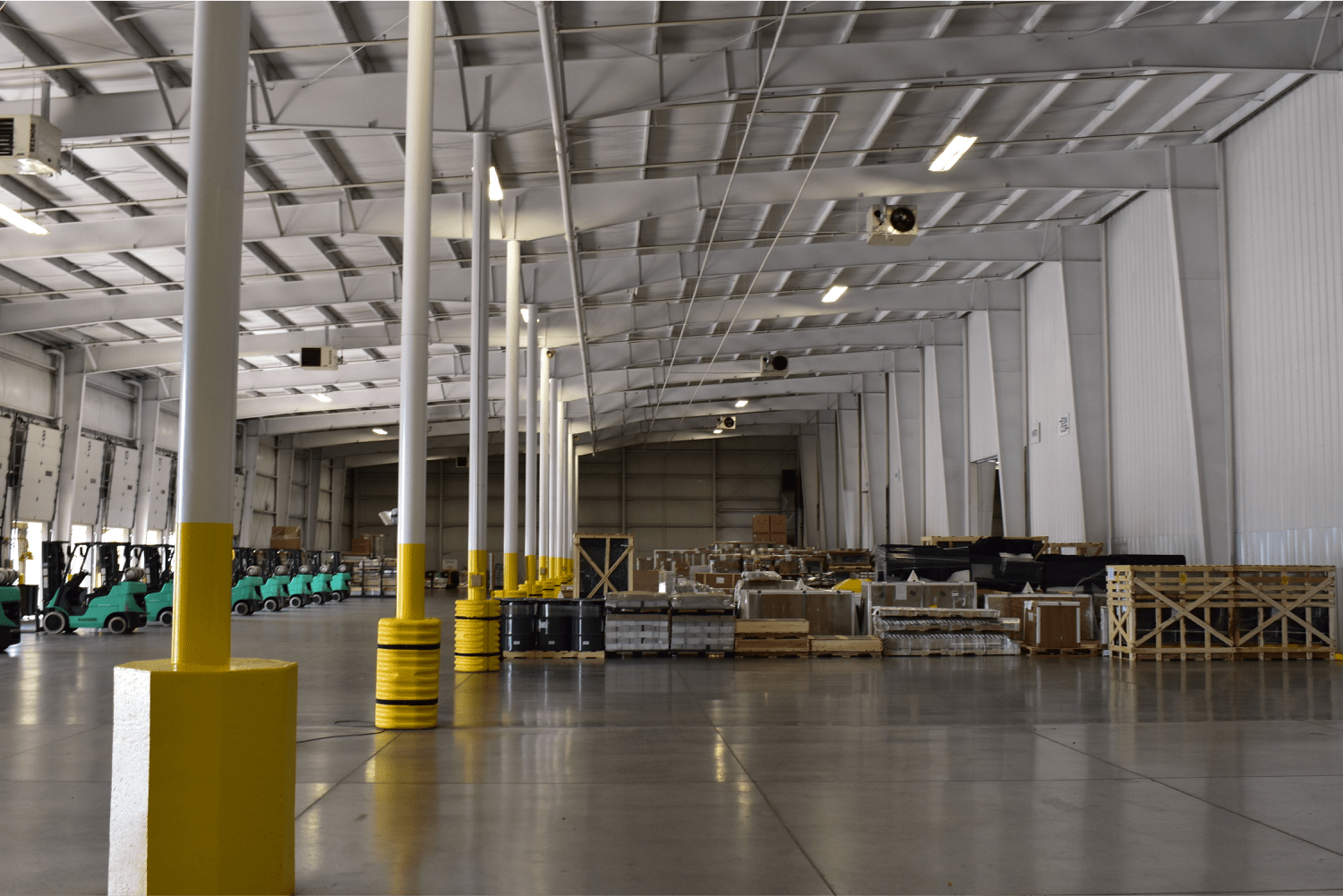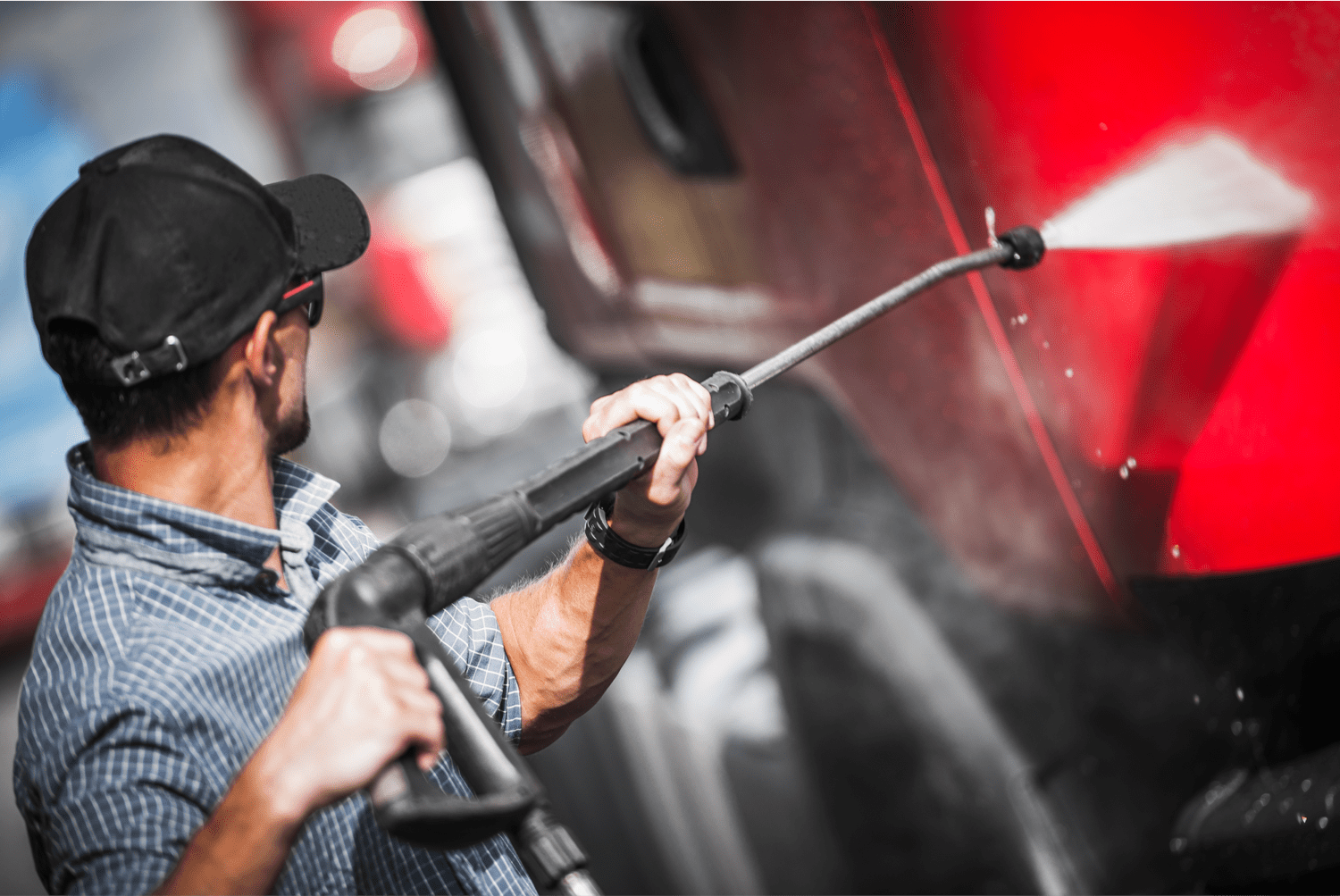2020 shook up industries across the world, and transportation was not spared. Between the pandemic, natural disasters, and a Presidential election cycle, business was anything but “usual” throughout the year. Spikes in demand for PPE and perishable goods led to bullwhip effects all over the country, while some industries were forced to shut down entirely. This affected all aspects of the supply chain, including drivers, carriers, brokers, and manufacturers.
The big story of 2020 for the entire world was COVID-19. This carried into transportation, as do most international crises. With some companies shutting down entirely, many carriers were left with uncertainty about their own future. However, the need for relief meant that there was still a major need to keep trucks on the road. With the eventual release of the vaccine, there was a little bit more hope that things would normalize again sometime in 2021.
COVID wasn’t the only story of 2020, though. Throughout the US, natural disasters ravaged the landscape and led to even greater needs for emergency relief. Western wildfires, Hurricane Laura, and the midwestern Derecho, among others, left thousands without homes and power. It was essential that our trucks kept running, bringing food and supplies to these areas to help out our fellow Americans.
One silver lining to all of these situations is that it showed the true power of American resilience as well as the effectiveness of collaboration strategies. Despite the seemingly endless barrage of catastrophes, we were able to work together to bring relief and optimism for the next year. The transportation industry was at the center of that, and it shows just how important it is to take care of our supply chain.
At Zip Xpress, we understand the need for stability and the desire for predictability. We’ve helped many companies create stronger supply chains through our custom carrier solutions and our unmatched dedication to service. We’ll do everything in our power to help our customers get their shipments delivered on time and undamaged, period. We work closely with every customer to ensure their satisfaction and their customer’s satisfaction. To see how we can help create the custom carrier solutions that are right for your business, start today with Zip Xpress!


